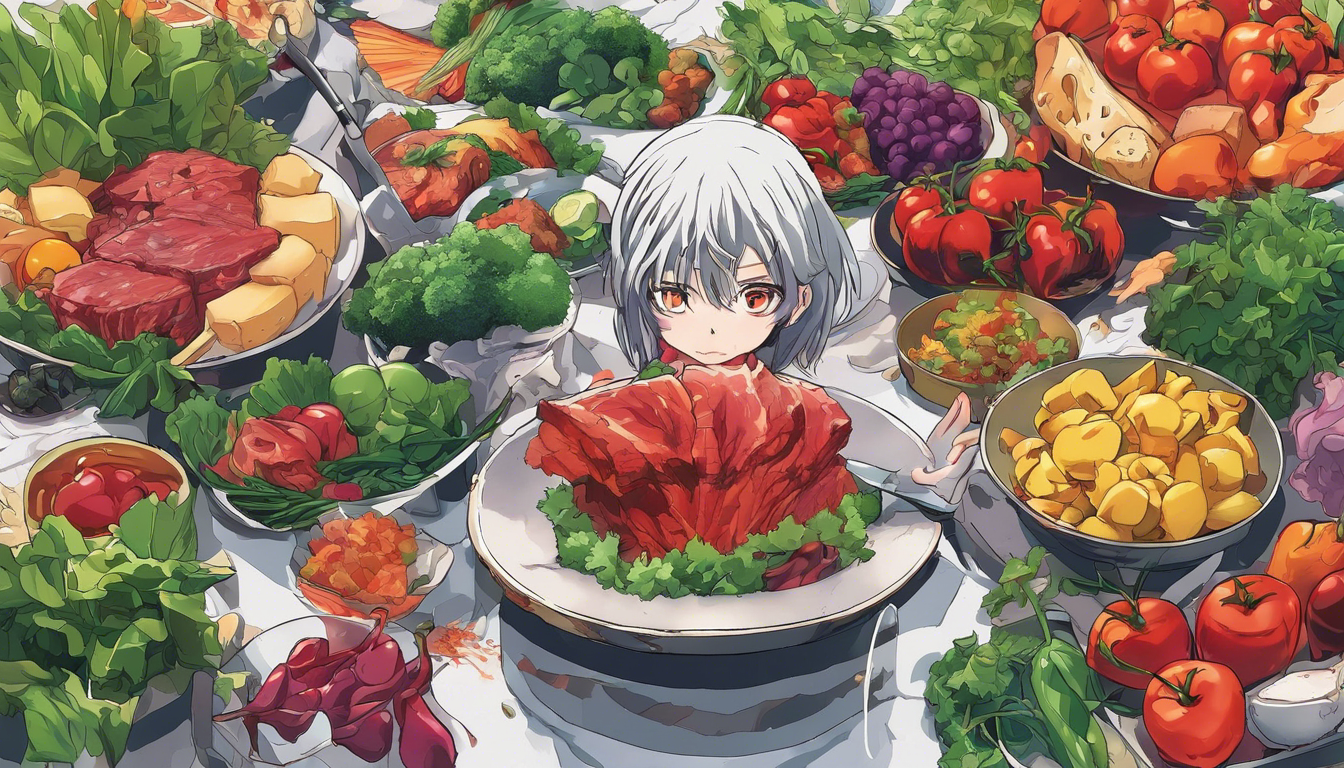
Veganism has gained popularity over the years as a compassionate and environmentally friendly lifestyle choice. However, misconceptions about the vegan diet often lead to concerns about nutrient deficiencies. One such concern revolves around whether vegans can obtain adequate iron from their plant-based diet. Let’s separate fact from myth and shed light on the truth.
Myth: Plant-based iron is not as readily absorbed as animal-based iron.
Fact: While it is true that plant-based iron, known as non-heme iron, is not as easily absorbed as heme iron found in animal products, this does not mean vegans cannot obtain sufficient iron. The key lies in consuming a well-balanced diet and understanding how to optimize iron absorption.
Myth: Vegan diets lack variety and sources of iron.
Fact: The vegan diet offers ample variety in terms of iron-rich foods. Legumes, such as lentils, chickpeas, and kidney beans, are excellent sources of iron. Grains like quinoa and fortified cereals also contribute to meeting iron needs. Additionally, leafy greens like spinach, kale, and Swiss chard provide a good amount of iron.
Myth: Vegans can’t get enough iron without relying on supplements.
Fact: While supplements can be useful for some people, achieving adequate iron levels solely from whole foods is very much possible. Including iron-rich foods throughout the day allows for proper absorption and assimilation of this vital nutrient. Pairing vitamin C-rich foods with plant-based iron sources can significantly enhance absorption.
Myth: Vegan diets lead to iron deficiency and anemia.
Fact: Iron deficiency can occur in people regardless of their dietary choices. However, studies have shown no significant difference in iron status between vegans and omnivores when consuming a well-planned, balanced vegan diet. Careful attention to meeting daily iron requirements through wholesome plant-based foods minimizes the risk of deficiency.
Myth: Cooking in cast-iron pans can solve the problem.
Fact: Cooking acidic foods in cast-iron pans can slightly increase iron levels in the diet. While it’s a helpful technique, it should not be seen as a solution to solely rely on. Including diverse iron sources and maintaining a balanced approach remains more effective in achieving adequate iron intake.
Myth: Vegan diets are not suitable for pregnant women due to iron concerns.
Fact: Pregnant women have increased iron requirements, but a well-planned vegan diet can provide sufficient iron during pregnancy. Monitoring iron levels and consulting healthcare professionals are important for all expectant mothers, regardless of their dietary choices.
Myth: Vegans need to eat large amounts of iron-rich foods to meet their needs.
Fact: While it’s important to consume enough iron-rich foods, there is no need to excessively overeat. Plant-based diets incorporate sources of iron throughout the day, making it easier to meet recommended daily iron intakes.
Vegans can absolutely obtain enough iron through a well-balanced, diverse plant-based diet. By consuming a variety of iron-rich foods, properly combining them for enhanced absorption, and ensuring adequate intake, vegans can meet their iron needs without relying solely on supplements. It is essential to debunk myths and understand the facts surrounding the vegan diet to appreciate its achievable nutritional adequacy.